Another RICOdiculous Decision
Drug & Device Law
JULY 24, 2023
We’ve discussed recently how a federal statute intended to allow suits against international terrorists has been misapplied as allowing suits against pharmaceutical companies. Takeda Pharmaceuticals Co. , 341 (2001). Takeda Pharmaceutical Co. , 3d 1243 (9th Cir. Plaintiffs Legal Committee , 531 U.S.


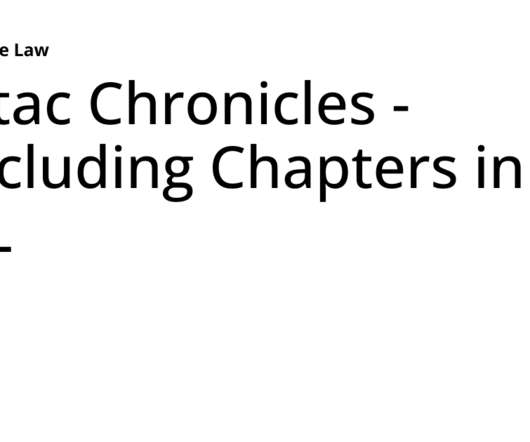
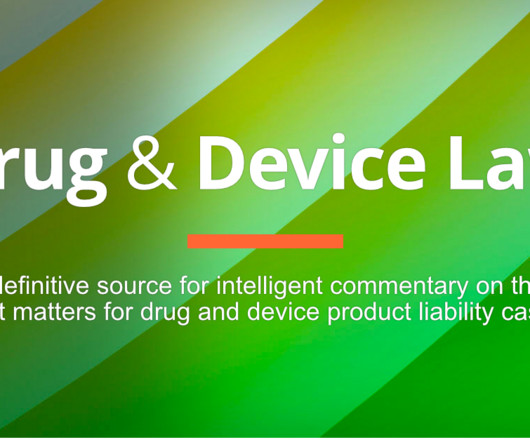
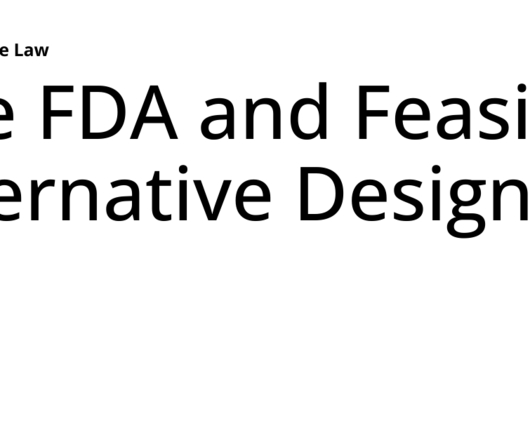
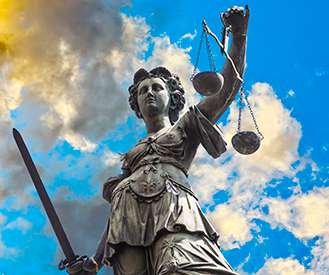
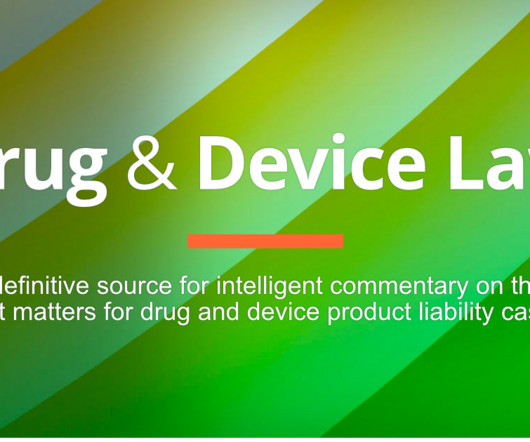
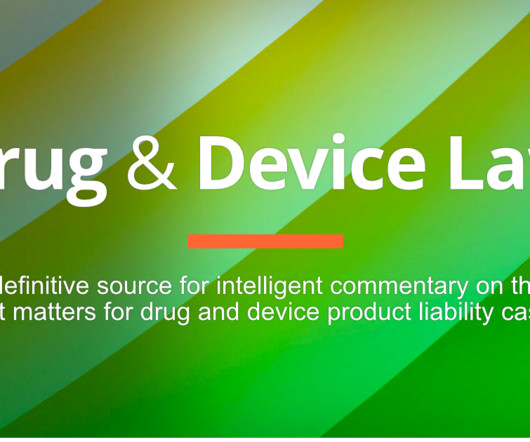






Let's personalize your content